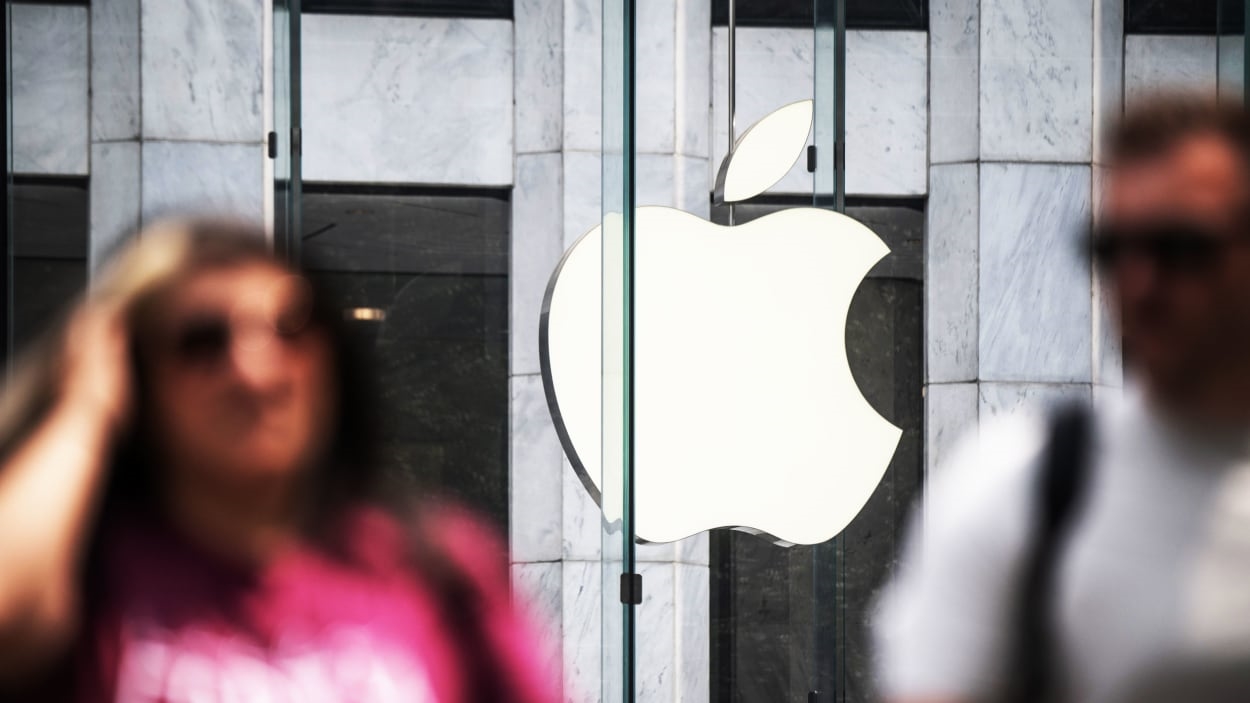Apple doesn’t like being called an AI laggard
Apple CEO Tim Cook, speaking to analysts after the company announced earnings Thursday, said his company is no stranger to the generative AI that has set off an arms race among many of the tech sector’s biggest companies.
“We view AI and machine learning as core fundamental technologies that are integral to virtually every product that we build,” Cook said. “And of course we’ve been doing research across a wide range of AI technologies—including generative AI—for years.”
Silicon Valley heavyweights like Google and Meta were forced into the generative AI race after OpenAI’s ChatGPT first gained enormous public interest late last year. Some companies, including Google, had been weary of releasing generative AI products due to concerns about their unpredictable nature, proclivity for spouting falsehoods, and risk that they might slander someone or violate their privacy. Until recently, Apple had been silent about large language models and chatbots, possibly echoing Google’s anxieties. Cook suggested as much on Thursday when he told an analyst: “We’re going to continue investigating and innovating, and responsibly advancing these technologies with the goal of enriching people’s lives.”
Bloomberg reported last month that Apple was indeed working on an AI chatbot—known internally as “Apple GPT“—but that any product likely wouldn’t see a public release. Still, on the announcement, Apple shares rose 2.3% to a record high of $198.23.
During his opening remarks to analysts on Thursday, Cook also talked up his company’s new mixed-reality product, Apple Vision Pro, which was announced back in June. Cook said it’s a product of the sort of years-long innovation “that can only happen at Apple.” Cook may have wanted to give the analysts something to be excited about because the company earnings report wasn’t all good news.
Apple reported its third consecutive revenue decline. Its top line shrunk to $81.8 billion, a 1% decline from the same quarter last year. At the same time, however, the company is keeping more of that money: Its gross margin came in at a record 44.5%.
The company beat analyst expectations, posting earnings per diluted share of $1.26 (analysts had expected $1.19), up 5% from last year’s third quarter. Apple’s core business is subject to seasonal buying fluctuations, with the June quarter considered a “down” quarter.
Revenue from iPhone sales declined 2.4% from last year to $39.7 billion. Mac sales were off 7.3%, at $6.8 billion. Services revenue, however, rose 8.2% to a record $21.2 billion. CEO Cook said the company saw quarterly sales records in video services, Apple Care, Cloud, and payment services (Apple Pay and Apple Card).
Smartphone sales have been trending down in North America for several years. Meanwhile, iPhone sales are flattening in China—one of Apple’s biggest growth markets.
Of course, Apple saw these trends coming long ago. It began pushing hard to grow its services business as far back as 2016 as a way of mitigating losses from a declining phone business.
Apple is now reaping the rewards from that work. Apple CFO Luca Maestri said during the earnings call that a big reason for his company’s record 44.5% gross margin is the increasing share contributed by services in the company’s revenue mix.
Apple shares were trading down 1.3% immediately after the release of its earnings report.
(15)



